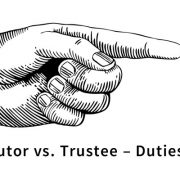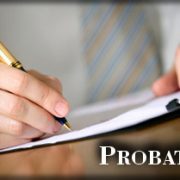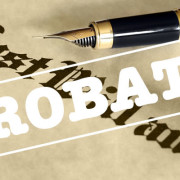Testamentary Trusts
Cleveland, Ohio Estate Planning Attorney Dan A. Baron offers the following on Testamentary Trusts.
Testamentary trusts are a great way to plan and safeguard your assets for minor children. In other uses testamentary trusts can be used for beneficiaries with addictions or disabilities. Unlike most trusts, testamentary trusts are incorporated into your last will and testament and are funded only after the creator’s death. The biggest reason people use testamentary trusts is because they are able to control their assets after they die.
For example, if Mom and Dad die in a car accident leaving behind two young children, they would not want their $500,000 estate being left in the hands of nine and ten-year old. Instead, Mom and Dad create a last will and testament and incorporate language that appoints a guardian for the children and trustee of their testamentary trust. The trust parameters outlined for the Trustee to follow often include broad language like “to provide for the health, education, and well-being of my children.” The trustee controls the money and then distributes it to the children as they need it. Most often, the remaining balance left in the trust is distributed to the children once they reach the age of 25.
It’s important to remember that unlike most trusts, testamentary trusts do not avoid probate. Instead, testamentary trusts are created after the probate process is complete. Assets left from probate fund the trust and the trustee is then responsible for carrying out the wishes of the deceased. Once the assets are in trust, they are protected from creditors and litigation. However, there is no asset protection for the creators before death.
To learn more about testamentary trusts and how they might be beneficial for your estate plan, contact Baron Law LLC today at 216-573-3723. You will speak directly with an attorney who can assist you.
The information contained in this article is provided solely for convenience purposes only and all users thereof should be guided accordingly. This article is not meant to provide legal advice. If you wish to receive a legal opinion or tax advice on the matter(s) in this report please contact our office and we will speak with you directly.






